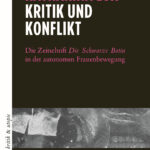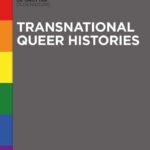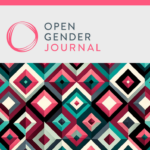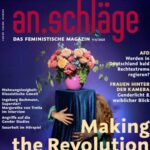The Socioeconomics Research Seminar & the first WU Economic and Social History Research Seminar
Time: Tue., 23.04.2024, 17h
Venue: WU Wien, Room D4.3.106 – and virtual space
Marco Molteni will present his joint work with Guiliana Freschi (Sant’Anna Pisa) on the effect of the abolition of the ruota (baby hatch) in 19th century Italy. The paper examines the effects of abolishing the ruota system on reproductive decision-making in post-unitary Italy (1863-1883). Baby hatches offered a means for anonymous infant abandonment, often used in Catholic Southern Europe due to social stigma and poverty. As infant abandonment rates and foundling mortality soared in the 19th century, countries began dismantling these systems. Italy mirrored this trend, with provinces abolishing the ruota at different times.
Marco Molteni and Guiliana Freschi investigate the specific impacts of the ruota abolition on infant abandonment, infant mortality, new births, and gender discrimination. Drawing on Becker’s quality-quantity trade-off model, they hypothesize that ending anonymous abandonment would lead to fewer births and improved care for retained children. Using a novel longitudinal dataset of Italian provinces and a staggered difference-in-difference strategy, they confirm these predictions. This research offers historical insights into 19th-century Italy’s social and economic dynamics surrounding child abandonment. It also contributes to the economic understanding of fertility decisions, demographic transitions, and societal responses to poverty.
Marco Molteni is Research Fellow at the Graduate Institute, Geneva (IHEID) and Associate Member of the History Faculty at Univ. of Oxford. Prior to this he was a Post-Doctoral Researcher in the ERC-funded Global Correspondent Banking 1870-2000 project, and a DPhil student at Pembroke College Oxford, where he wrote his thesis on banking failures and crisis management policies in Fascist Italy (1922-1943) using the banking supervision archives at the Bank of Italy. He also studied at Univ. of Milan (BA in History) and at Warwick Univ. (PG Diploma in Economics). He also worked (with Wilfried Kisling) on the importance of the London Money Market for the first globalization, here a link to their 2024 paper on the topic. Read more (Web) and (Web)
Continue reading →
 Frauenbildungsstätte Frauenhetz
Frauenbildungsstätte Frauenhetz
 Jaarboek Vrouwengeschiedenis | Yearbook of Women’s History; guest editor Irene Jacobs
Jaarboek Vrouwengeschiedenis | Yearbook of Women’s History; guest editor Irene Jacobs  Vortragsreihe „Geschichte am Mittwoch“
Vortragsreihe „Geschichte am Mittwoch“  de Gruyter
de Gruyter  Abschlusstagung der Forschungsgruppe „Recht – Geschlecht – Kollektivität“
Abschlusstagung der Forschungsgruppe „Recht – Geschlecht – Kollektivität“ 
 Frauenhetz in Kooperation mit STICHWORT
Frauenhetz in Kooperation mit STICHWORT